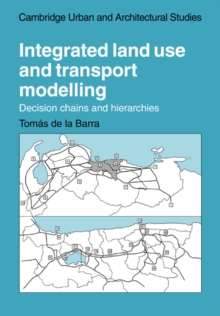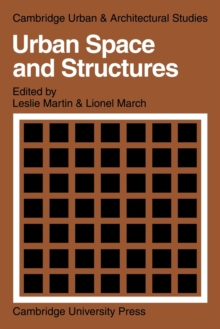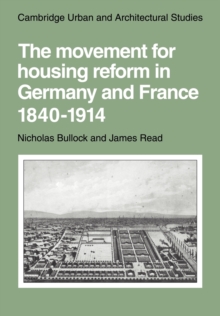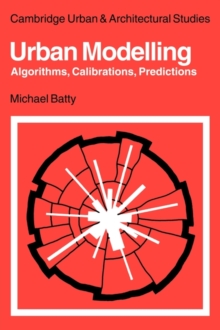
Bruno Taut and the Architecture of Activism Paperback / softback
by Iain Boyd Whyte
Part of the Cambridge Urban and Architectural Studies series
Paperback / softback
- Information
Description
Bruno Taut was the leading architectural theorist in Germany during the years 1914-1920.
The architectural and social premises which he developed in this seminal period were to be of paramount importance in the subsequent development of modern architecture in Germany in the 1920s.
The German example, in turn, was to become a model for the international modern movement.
Whereas the history of the modern movement in architecture has generally been written in terms of functionalism, and the availability of materials and technology, Dr Whyte suggests that many of the roots of modern architecture were mystical and irrational, and were concerned less with function and purpose and more with millenarian dreams of the a society which might be achieved through the meditation of the architecture.
The author also suggests that there were political reasons behind this type of architecture and why it failed to achieve its aim of improving the physical and social condition of society.
Information
-
Out of StockMore expected soonContact us for further information
- Format:Paperback / softback
- Pages:296 pages, Worked examples or Exercises
- Publisher:Cambridge University Press
- Publication Date:11/02/2010
- Category:
- ISBN:9780521131834
Other Formats
- Hardback from £54.74
Information
-
Out of StockMore expected soonContact us for further information
- Format:Paperback / softback
- Pages:296 pages, Worked examples or Exercises
- Publisher:Cambridge University Press
- Publication Date:11/02/2010
- Category:
- ISBN:9780521131834



